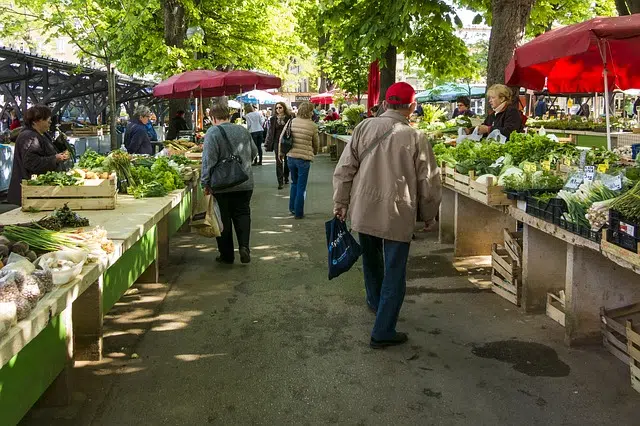
There is a clear proximity between the buildings
With etymological roots in the Latin word proximĭtas , proximity refers to the condition of proximity : following, close. Proximity, therefore, refers to the imminence or closeness of something.
Some examples
For example: “Meteorologists warned about the proximity of a large storm,” “The proximity of the electoral process is reflected in the uncertainty that reigns in the markets,” “This is a very popular neighborhood due to its proximity to the historic center.” of the city.”
Proximity tourism
The term proximity is used to construct various concepts and expressions. In this framework we can talk about proximity tourism , which refers to short-distance and short-duration trips .
Local tourism implies that the person travels a few kilometers from their place of origin. Suppose that a family decides to spend a weekend in a town that is 50 kilometers from their home: this getaway is part of local tourism. On the other hand, if said family group got on a plane to vacation on another continent, it would not be local tourism.
Proximity commerce
Local commerce , meanwhile, is made up of small stores that surround the consumer to supply them with basic products without the subject having to leave their home. These local stores allow you to save time and, in some cases, money (since it is not spent on fuel or transportation, although the savings also depend on prices).
For different reasons, local commerce is a very important component of the economy and we should take care of it to improve market conditions. Firstly, its very definition makes it a real privilege: having stores close to one's home, something that many people would give anything to have. Convenience adds to the savings of time, money and energy when shopping without having to travel.
It is also necessary to remember that buying products in small stores is investing money in our people , in our neighbors, instead of continuing to feed large faceless firms. It is not about declaring war on multinational companies, but rather not declaring it on local ones. Supporting local commerce generates jobs and improves the quality of life in the city itself.
Environmental pollution is an inevitable consequence of importation that is usually overlooked. Whether by air or sea, the planet suffers from these trips; Local production and sale, on the other hand, considerably reduces this impact on the environment. On an emotional level, local commerce can be a meeting point, for warm conversations, unlike the coldness of large chains.

Supporting local commerce is investing in local development.
Local foods
Local foods , finally, are those that are marketed and consumed in the vicinity of the place of production . In this case, what usually stands out is the reduction of the ecological impact (as they are not transported long distances, polluting emissions from vehicles are minimized) and the possibility of eating them fresh, without freezing or using preservatives.
With respect to the local economy, as with local commerce, these products are key to sustaining and enhancing it. Although it is true that in some cases it is more expensive than the imported one, the price difference is usually compensated with higher quality and, in the long term, with greater national development. As we said above, prioritizing what is one's own is not synonymous with attacking what is foreign, but rather a reasonable measure to protect one's own soil.
